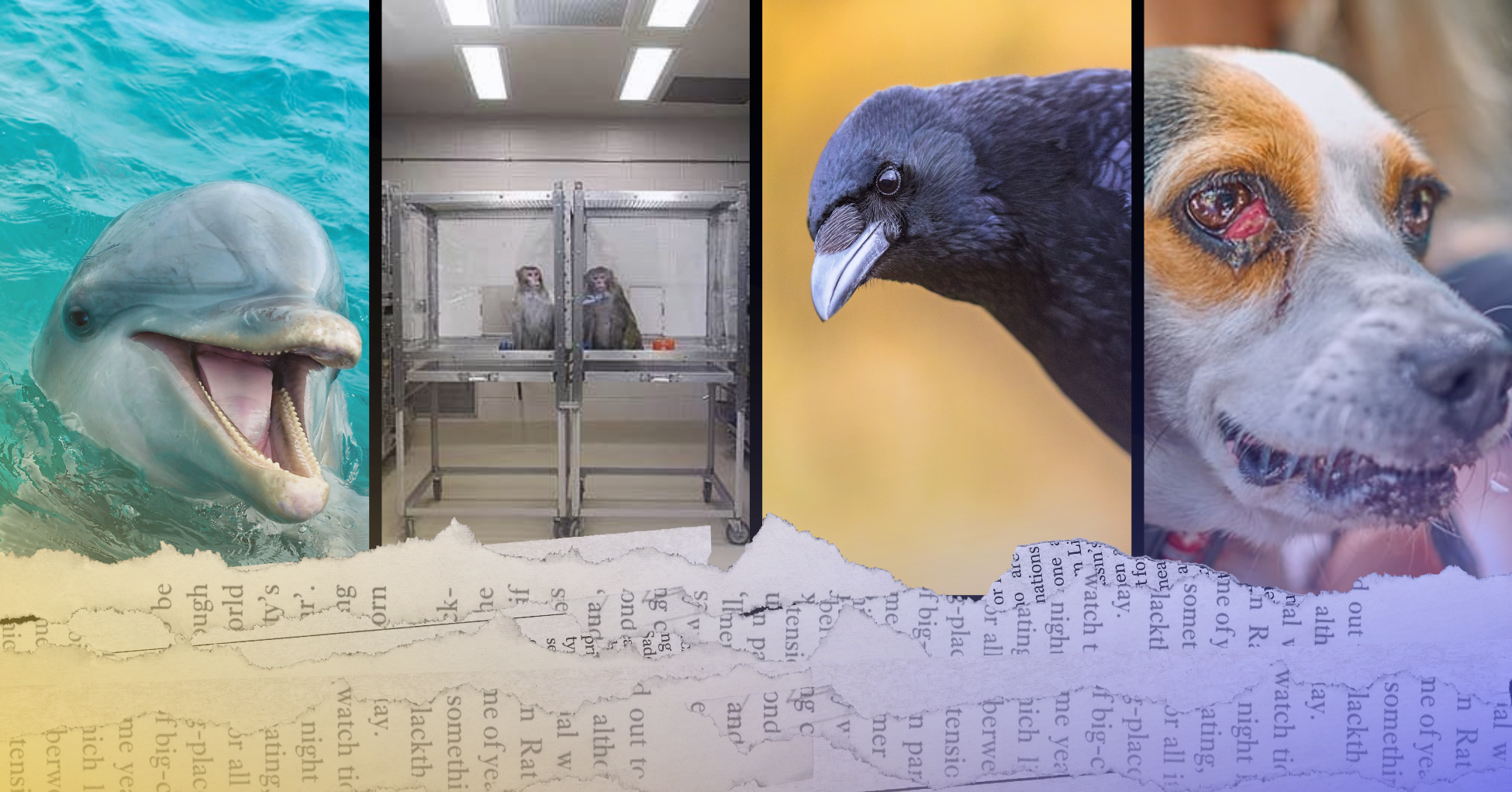
Here’s a roundup of this week’s biggest news stories related to animal research—all the recent media coverage you need to know right now to be the most effective activist for animals in labs.
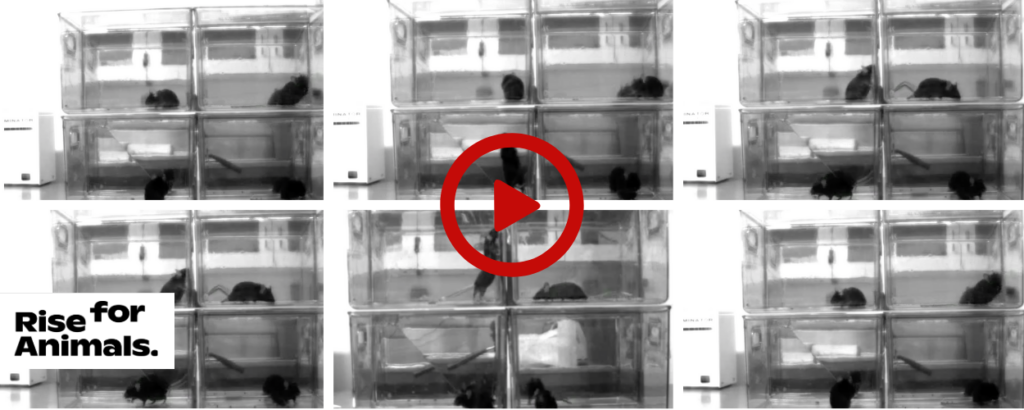
U.S. Addiction to Animal Research Harms Sufferers of Addiction
Rise for Animals, 10/2/2024
In our latest collaboration with Animal Partisan, we’re exposing a cruel and needless 2023 University of Connecticut drug addiction experiment that involved getting mice high, forcing them into withdrawal, and watching them suffer with “…paw tremors, rearing, grooming, jumps, writhing, and hind limb scratching….”
The infliction of this agony in furtherance of, at best, pseudoscience is rendered even more perverse by the university’s pre-existing knowledge. Indeed, as its researchers wrote in the study publication itself, the UConn undertook this study knowing that “FDA-approved treatments for opioid use disorder” were already “available”. 📰🎥 Full Story →
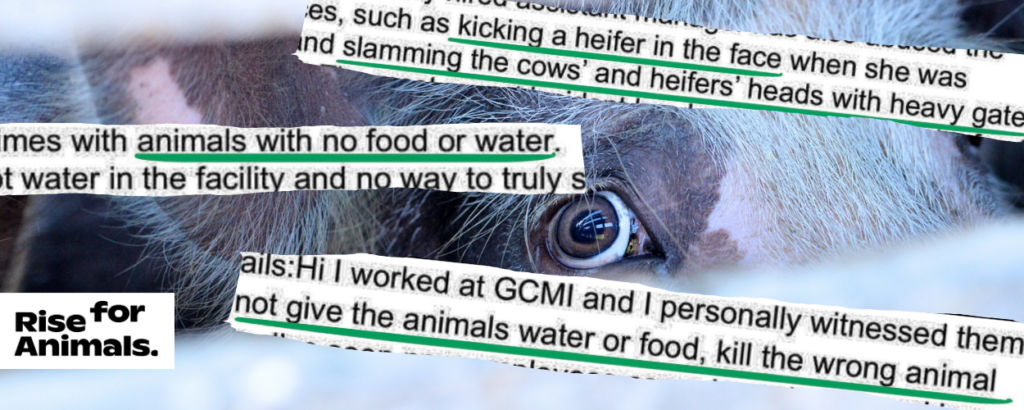
Whistles Blown, Part II: Animal Researchers Don’t Do What They Say
Rise for Animals, 10/3/2024
Animal researchers don’t want you to see this — but we’ve received the reports, and we’re sharing them publicly because you deserve the truth, and animals in labs deserve their stories to be known.
Brave employees continue coming forward to report what’s really happening inside U.S. animal research laboratories and facilities. The excerpts that we’ve highlighted from whistleblowers’ complaints are just a handful of newly-documented examples of what’s happening to animals in labs, as reported by insiders.
Their complaints report:
➤ “animals with no food or water”;
➤ “animal facility staff … misusing their power … result[ing] in the death of monkeys”;
➤ “hitting [a nonhuman primate] on the head … treating all of it as a joke”;
➤ and many more horrible things. 📰 Full Story →
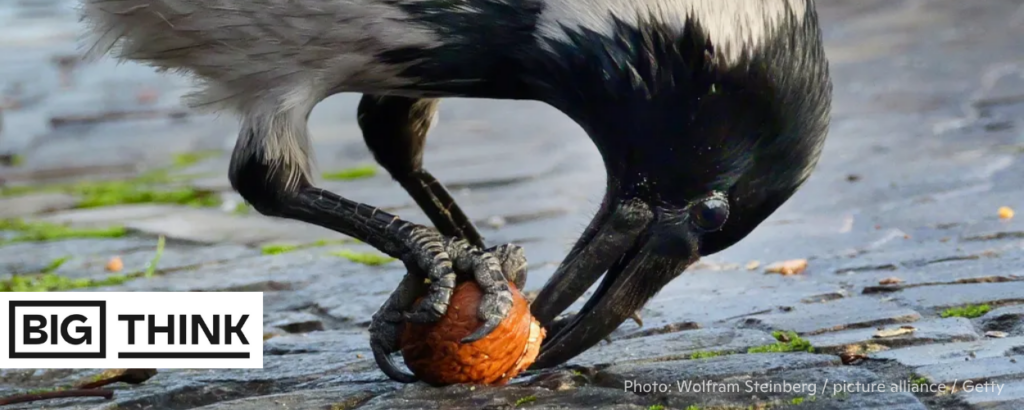
Crows Are Even Smarter Than We Thought
Kenna Hughes-Castleberrty, 9/28/2024
“Crows and ravens, which belong to the corvid family, are known for their high intelligence, playful natures, and strong personalities. They hold grudges against each other, do basic statistics, perform acrobatics, and even host funerals for deceased family members. But we keep learning new things about the savvy of these birds, and how widespread that savvy is among the corvid family.”
“Earlier this year, a team of researchers . . . found that a species of crow called the hooded crow–which has a gray bust and black tail and head feathers, making it look like it is wearing a ‘hood’–is able to manage a mental feat we once thought was unique to humans: to memorize the shape and size of an object after it is taken away–in this case a small piece of colored paper–and to reproduce one like it. This kind of feat, according to animal behavior researchers, requires the ability to form ‘mental templates.’” 📰 Full Story →
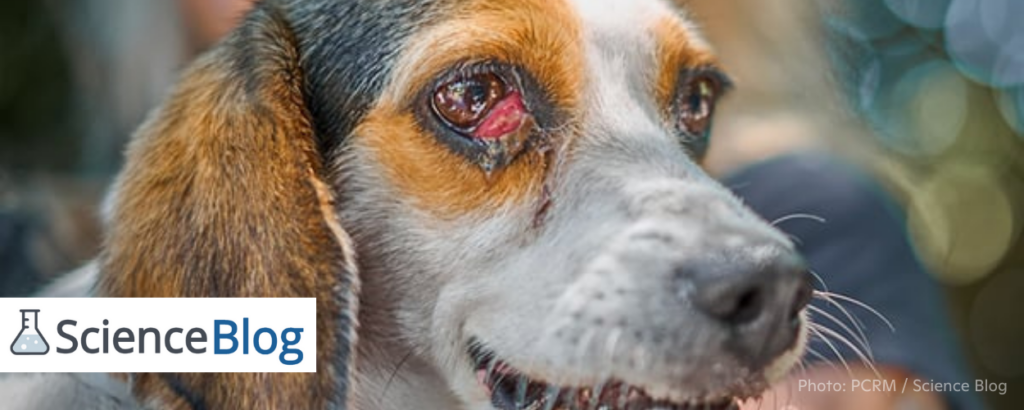
85% of Americans Want Animal Experiments Phased Out, New Survey Shows
Physicians Committee for Responsible Medicine, 9/30/2024
“A new survey shows that Americans’ attitudes toward experiments on animals have changed significantly in recent years, with the vast majority now favoring phasing out animal experiments in favor [of] other research methods.”
“The new survey represents a continued shift away from support for animal research. A 2018 Pew Research Center study found that 47% of Americans were in favor of using animals in scientific research labs and 52% opposed it.”
“Some parts of the scientific community are lagging behind the public’s shift in attitudes.” 📰 Full Story →
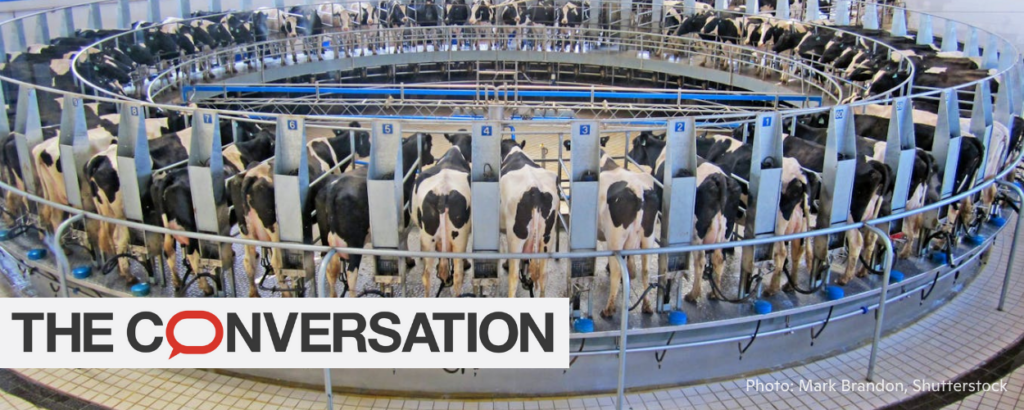 Animals in the Machine: Why the Law Needs to Protect Animals from AI
Animals in the Machine: Why the Law Needs to Protect Animals from AI
Lev Bromberg, Christine Parker, Simon Coghlan, 9/30/2024
“The rise of artificial intelligence (AI) has triggered concern about potentially detrimental effects on humans. However, the technology also has the potential to harm animals.”
“Some AI technologies are used in harmful animal experiments. Elon Musk’s brain implant company Neuralink, for instance, was accused of rushing experiments that harmed and killed monkeys.”
“Researchers warn AI could estrange humans from animals and cause us to care less about them.” 📰 Full Story →

Dolphins’ Open-Mouth Behaviors During Play Are Like Smiles, A Study Claims
Gennaro Tomma, 10/2/2024
“Dolphins use their smile-like facial expression when interacting with their mates during playful times, researchers reported . . . That, the team says, suggests the cetaceans are doing something akin to a human laugh.”
“The results suggest that the dolphin’s open-mouth expression is ‘a very sophisticated form of communication,’ . . . it probably has ‘the same function [as humans’ smiles],’ since the context and the way in which it occurs is the same as in humans….” 📰 Full Story →

USDA: July Inspection of UW-Madison Animal Research Facility Results in 4 Critical Citations, Corrective Measures Implemented
Enjoyiana Nururdin, 10/3/2024
“A routine inspection conducted by the United States Department of Agriculture into the conditions of animals in the care of University of Wisconsin-Madison Enzyme Researchers this summer resulted in a handful of citations . . . one non-critical and four critical citations regarding human error and several procedures performed on non-human primates, NHP.”
“‘Incidents were identified by the facility in which procedures were either not approved procedures or the procedures were not conducted in accordance with the written protocol,’….” For example, “NHP underwent two whole-body perfusions, a terminal procedure done under deep anesthesia to circulate blood through the issues . . . some NHPs experienced 13 intraocular injections. The protocol approved amount is six….” 📰 Full Story →
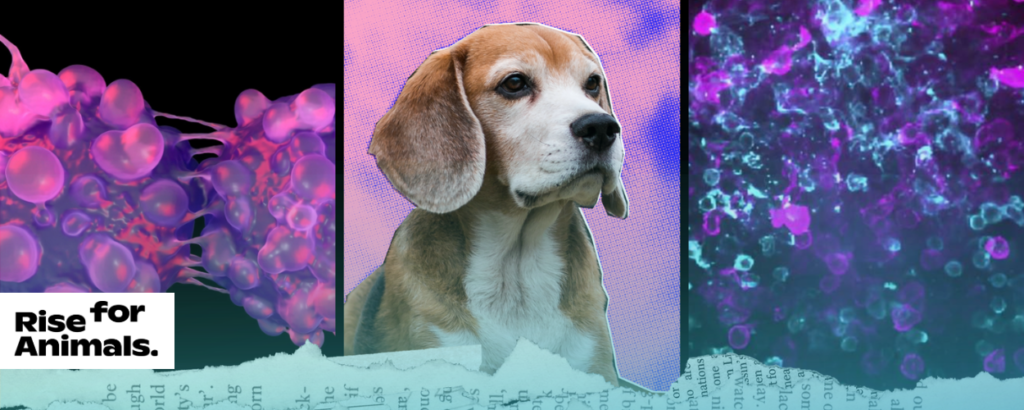
In case you missed it:
September 2024 Highlights: Non-Animal Research in the News
Rise for Animals, 10/3/2024
There’s so much to learn from September 2024’s newest in non-animal, human-relevant science! Check out the latest advancements that offer new insights that could lead to treatments for drug-induced kidney damage, Parkinson’s, bladder cancer, sarcoma, IBD, and more. 📰 Full Story →